Notary Public London guides to various aspects of the legal process, have received a great deal of positive feedback from clients and fellow Notaries Public alike, over the last few months. Today we will address various aspects of the term ‘Power of Attorney’. As ever, this series will apply primarily to the Law of England and Wales. A Notary Public in London, for example, may offer different advice to a Notary Public in Scotland as the law varies across the UK.
What is a Power of Attorney?
There are several different types of Power of Attorney and your Notary Public will recommend which to pursue depending on the individual circumstances which we will address later in this series. Broadly speaking, however, a Power of Attorney (also known as POA) is a procedure where you grant a third party the right to act on your behalf.
Who seeks a Power of Attorney?
Again, there are several different circumstances where a person might approach a Notary Public in London (or solicitor, barrister, etc) either to draft a POA or to get one notarised. One of the main reasons is to ensure that, should you become too mentally infirm to conduct your own affairs, you would grant someone a POA to act in your best interests. This is often in case of senile dementia, prior to a serious surgical procedure, or simply as a prudent step to protect against misfortune.
Alternatively, someone conducting a property deal in a foreign country may approach a Notary in London to draft a POA on their behalf, so they can authorise a third person, often a foreign qualified lawyer, to act for them, without having to be physically present at the property transaction.
For further information regarding how your Notary in London may assist with a Power of Attorney, please see further articles in this series, or contact MD Pryke Notary Public on 0207 636 4422.

0 Comments
Trackbacks/Pingbacks